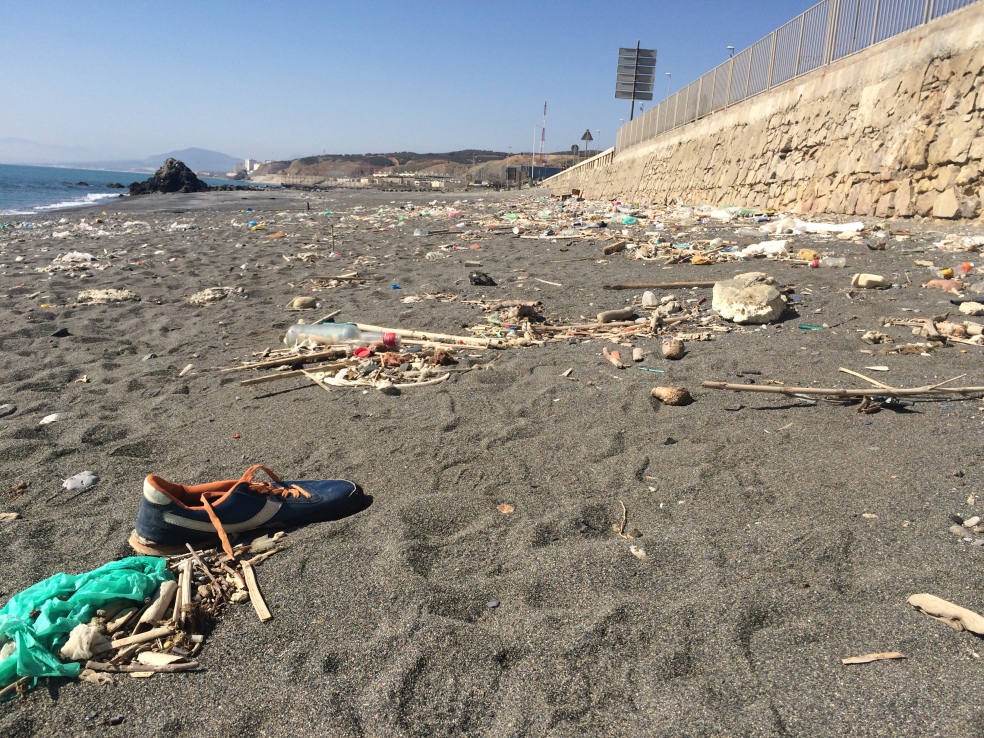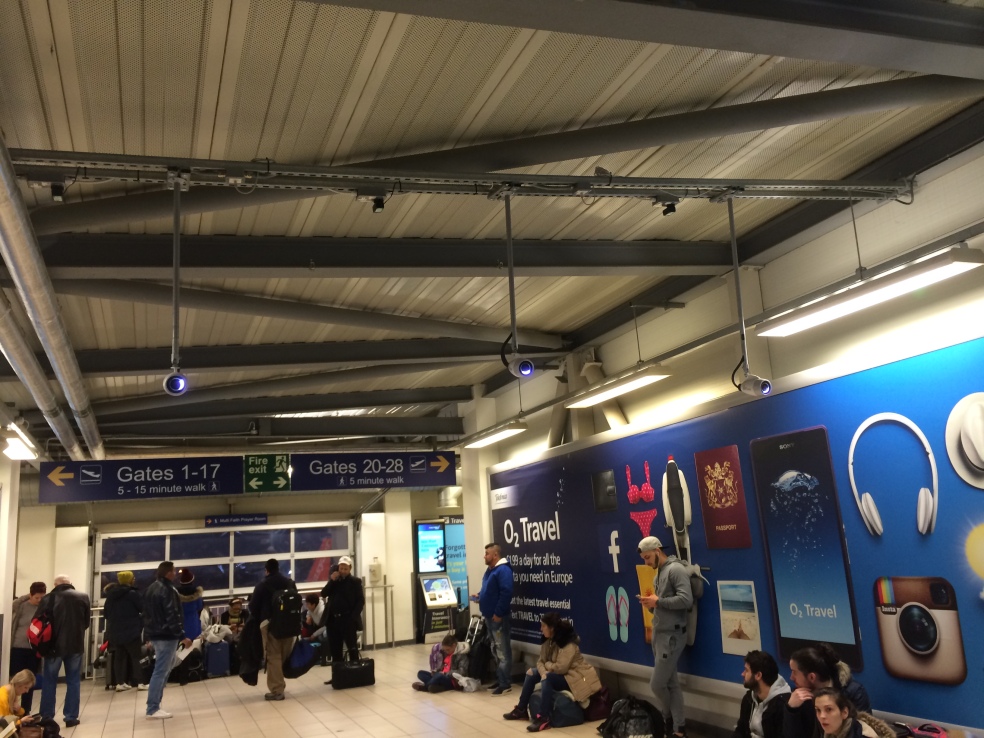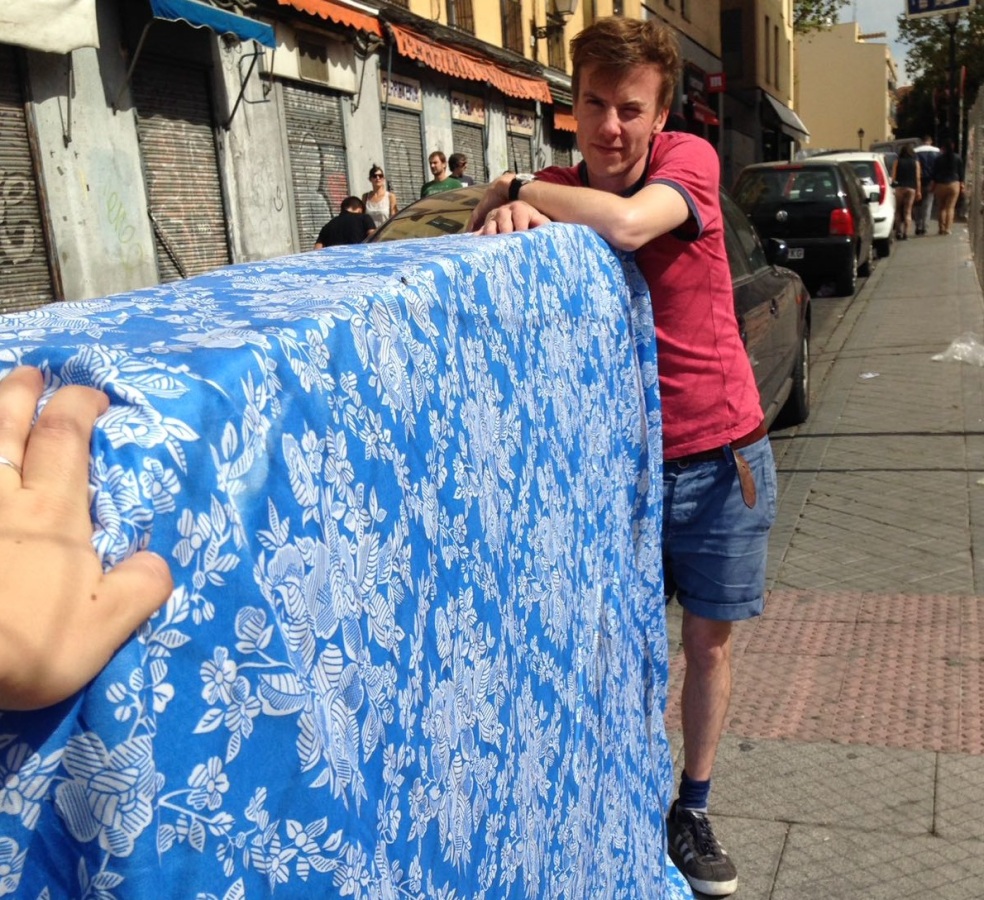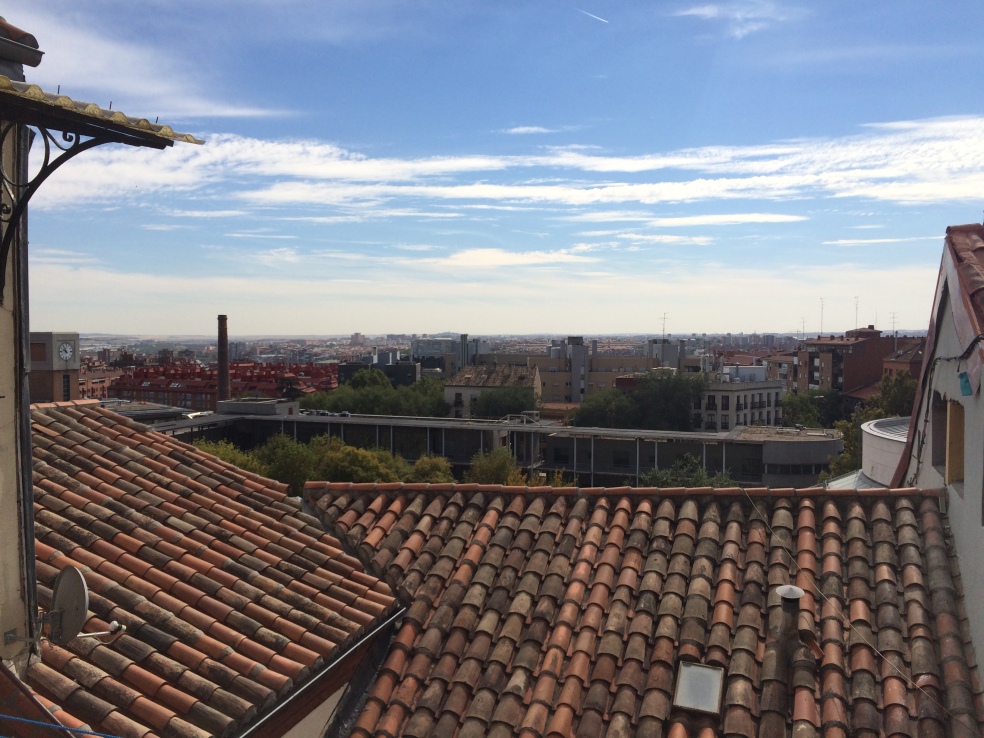Originally published by El País
“Not all countries are equal,” says Antonio Javier Saborit López, a Spanish national working in the construction sector in London, and one of a surprising number of Spaniards living in the UK who back Brexit.
At 41, Antonio says he is old enough to remember a time when wages and living standards were better. Large influxes of EU migrants to better-off countries such as the UK are to blame, he says, for worsening them. And despite having made a life in Britain for nearly four years – thanks to the very EU freedom of movement he now opposes – he says he would have voted for Brexit had he held a British passport.
“The change has been terrible,” he says. “Everything has doubled, except wages. On top of that, I think every country should have control over its borders. Freedom of movement has proven to be a disaster.”
His views are more widespread than one might think. While much has been made of British nationals on the Spanish costas counterintuitively backing Brexit, there also appears to be a small but significant minority of UK-based Spaniards in parallel situations who feel the same way.
“I saw Nigel Farage talking about the European Union and, sincerely, I liked what he had to say,” says Ana Belén Vecino, a caterer who lives in London with her husband. “[The pro-Brexit lobby] had a great campaign and fought for their objective.”
The 34-year-old Podemos supporter from Madrid believes EU-led austerity measures in many European countries, including Spain, risk “enslaving” future generations. In her opinion, the Brexit vote is a reaction to the EU’s neoliberal economic policies, and was a “slap in the face” for Brussels, while weakening the power of its policymakers.
“Here [in Britain] I have seen many people protest against the cuts to the NHS [National Health Service] and about the money they were sending to the EU. And I know people who complained because they had to follow the orders of someone in Brussels.This is the reason I am happy about Brexit, because it has been a slap in the face for the EU. The UK was a heavyweight economic power in the EU and in losing it the EU has lost power.”
Ana, who came to the UK three years ago for work, expects Britain and the country of her birth to strike a deal, meaning she and her fellow Spaniards will be able to stay, so she isn’t worried about being forced to leave London come March 2019. Construction worker Antonio agrees. He expects Britain to gain from Brexit and doesn’t believe his circumstances in the UK will materially change because of the close relationship between Spain and his adopted nation. “I think the problem is worse for Eastern European countries,” he says, highlighting the fact that fairly few Brits live in Romania and Bulgaria, while many have made their homes on the Costa del Sol.
For other pro-Brexit Spaniards, Britain’s historically detached approach toward the EU is why they would have voted to leave if they’d had the chance – despite the likely personal cost.
One London-based finance worker, who requested anonymity, says: “In my opinion the British have never fully identified with the European project, which has the ultimate objective of greater integration between states.”
The 32-year-old, originally from the Canary Islands, adds: “They have always shown attitudes at odds with the rest of the member states on issues of sovereignty and greater integration, and I sense they have always been within the union but as close to the fringes as possible.
“For this reason, there have been many projects that the EU has not been able to make progress with for decades because one negative vote paralyses everything. So I think it’s best, since the British have never felt 100% part of the project, that they are out of it.”
He adds that he expects Brexit to impact negatively on him through possible changes to healthcare and rights to work, especially if Britain pursues a so-called “hard Brexit,” but insists this won’t change his opinion.
Many UK-based Spaniards emphasize that the pro-Brexit stance of some of their compatriots represents a minority. Interestingly, however, a few also stress that although they do not support Brexit, they can see advantages to it.
Some echo the concerns outlined above about Britain never really feeling like it was part of the EU, while others point out that leaving may put the brakes on the neoliberal momentum of the union. Several mainstream commentators, for example, believed the collapse of talks last year over the TTIP trade agreement between the EU and the US was in part a response to the shock of Brexit. The controversial Transatlantic Trade and Investment Partnership deal, which critics said meant scrapping regulation to meet the demands of big business, appeared to be dead in the water last August – less than two months after the pro-isolationist Brexit vote.
London bus driver Ginés Martínez, who goes by the name “Guinness” in the UK, says some EU immigrants to Britain abuse freedom of movement in order to claim benefits – even though they have no interest in staying in the long term.
Though he wouldn’t have voted for Brexit, he says: “I think Brexit is good for people like me who come to make lives for ourselves instead of taking advantage of the system.”
The 34-year-old adds: “If people who abuse the system are not in the system, I think it would benefit those who use the system legally, no? Brexit turns off the tap to those who use freedom of movement to do what they want on a whim.”
Even some of those vehemently opposed to Britain’s EU exit see a silver lining. One woman, who works in finance for a US company based in London, says she welcomes the fact her firm will probably move most of its staff to a major EU city where living costs are likely to be cheaper.
The 34-year-old, who asked to remain anonymous, says: “It would benefit us a lot to move to almost any other European city, where with the same salary we would have a better quality of life.”
“Many people want to move to other countries so they can live better and save some money – something that in London right now is impossible. It’s a shame because it is a great city, but it has no quality of life.”
It may or may not be true that, as Antonio puts it, “not all countries are equal.” Yet in UK cities as well as on the Spanish costas, there are clearly people in favor of something that risks significantly disrupting their lives. Britain and Spain, it seems, are equal in this respect at least.






